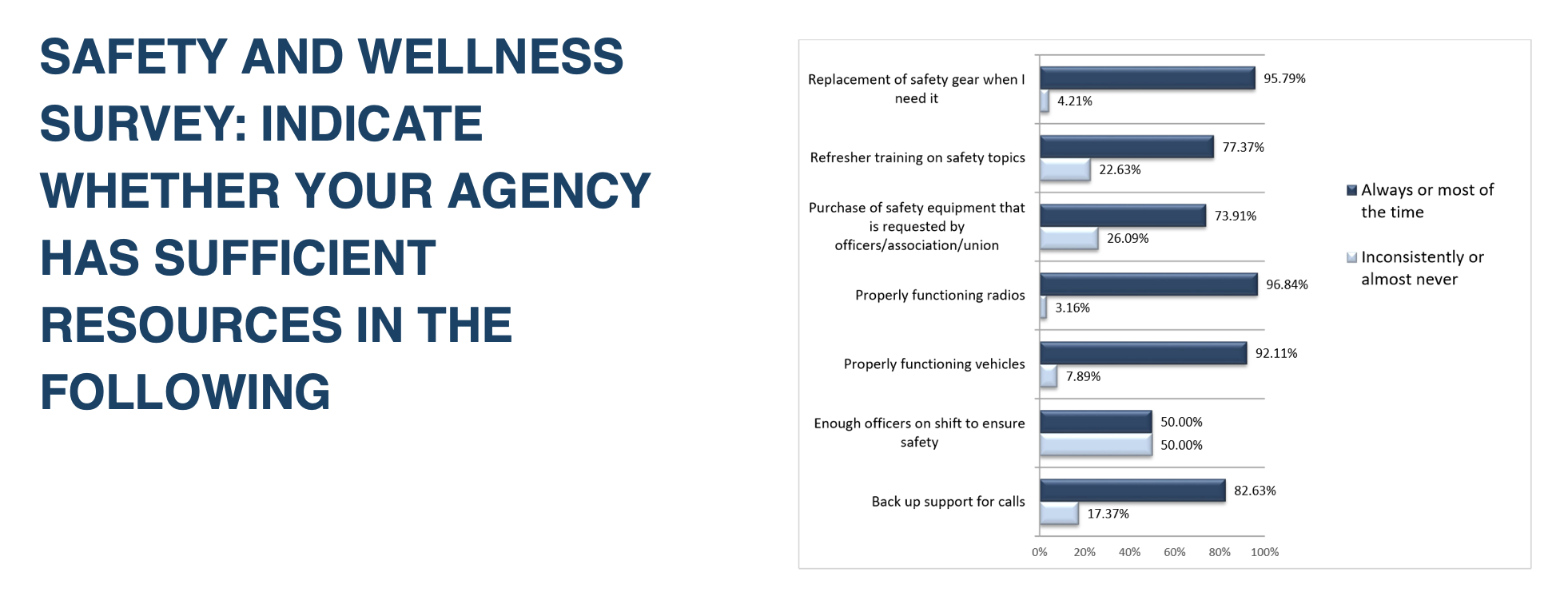August 20, 2020

Sergeant Jeremiah Johnson, Ph.D.
Darien (CT) Police Department

Sergeant Jeremiah Johnson, Ph.D.
Darien (CT) Police Department
The late New York Yankees legend Yogi Berra is perhaps remembered more for his malapropistic quotes than what he achieved on the field. The irony about “yogi-isms” is that his words can actually be quite profound. One such statement, “In baseball, you don’t know nothing” likely speaks to the unpredictability of the game. It could, however, be read as an indictment of sorts. Yogi played during baseball’s golden age, long before the sports analytics revolution, when the game was guided more by tradition and conjecture than objective knowledge. The same critique could very well be made against our own vocation- “In policing, you don’t know nothing.”
How do we know what we know? The classic answer that cops use on the witness stand is “training and experience”. As much as training and experience can help officers on the street, we may overvalue these characteristics when it comes to running police organizations. Most police training is not evidence-based and years of experience is a poor proxy for occupational knowledge. Policing needs to look deeper.
Like modern baseball, the private sector of the 21st century runs on data. It is challenging to find a major corporation that does not track consumer behavior, measure employee sentiment, or solicit customer feedback. It is true that policing has made great strides toward becoming data driven in regards to crime. The Compstat revolution of the late 20th century along with the advent of crime analysis transformed police operations, particularly in large cities. As good as law enforcement is at tracking crime, blind spots remain when it comes to understanding community concerns and the needs of our own officers.
Good police leaders consistently seek internal and external input, yet traditional approaches likely fall short in generating representative data. The reality is that community members who attend a neighborhood meeting differ considerably from those who choose to stay away. Command staff visits with the rank and file at roll call are positive, but this is hardly a conducive environment for qualitative candor. When police organizations try their hand at designing and deploying surveys the results are almost always biased (non-representative).
How can police executives collect valid, reliable data from stakeholders? There is an entire data analytics industry ready to engage public sector agencies—for a large fee. Fortunately, a survey platform originally designed by academics to facilitate policing research has been repurposed to support law enforcement. The National Policing Institute’s National Law Enforcement Applied Research and Data Platform exists to, “provide law enforcement executives with actionable survey data to inform policy, procedure, and strategy.” The Platform not only has a growing portfolio of validated surveys designed for employees and community members, but NPI staff will also develop customized surveys at the request of participating agencies.

Through the Platform, agencies can choose from a variety of core surveys to gain a better understanding of their department and community. https://www.nationallawenforcementplatform.org
Becoming a Platform agency is available to agencies as a non-profit service. My agency joined the Platform in 2018 but chose only to participate in a single survey. We selected the Platform’s Safety and Health survey designed for sworn personnel. This anonymous survey queried officers of all ranks regarding adequacy of training, equipment, and perceived levels of safety. Self-report data about personal health issues such as sleep were also collected. The survey response rate was on the low side, possibly due to collective bargaining negotiations that were taking place at the time, but still provided our leadership with important insights.
Local survey results can be further contextualized through benchmarking. Dozens of law enforcement organizations from around the country have already joined this initiative; Platform tools allow participating agencies to compare their own results against average rates for similarly sized agencies. Every new agency that joins the Platform makes the benchmarking process stronger.
The game of baseball has fundamentally changed in recent years, as has policing. Law enforcement agencies that take the field without the benefit of data are instant underdogs. Yogi Berra sagely noted that, “You can observe a lot just by watching.” Likewise, you can get a lot of answers just by asking questions. By asking the right questions in the right way, we may just learn a thing or two about policing.
Jeremiah Johnson is a patrol sergeant serving with the Darien Police Department in Connecticut. He is concurrently employed in a part-time capacity by the University of New Haven. He has taught courses at the undergraduate or graduate level in criminology, police administration, leadership, public administration, research methods, statistics, performance measurement, and ethics of justice administration.
Disclaimer: The points of view or opinions expressed in this article are those of the author(s) and do not necessarily represent the official position of the National Policing Institute.
Written by

Sergeant Jeremiah Johnson, Ph.D.
Darien (CT) Police Department
Strategic Priority Area(s)
Topic Area(s)
For general inquiries, or to submit an essay for consideration, please contact us at info@policefoundation.org.
Share
Strategic Priority Area(s)
Topic Area(s)
For general inquiries, please contact us at info@policefoundation.org
If you are interested in submitting an essay for inclusion in our OnPolicing blog, please contact Erica Richardson.
Share
